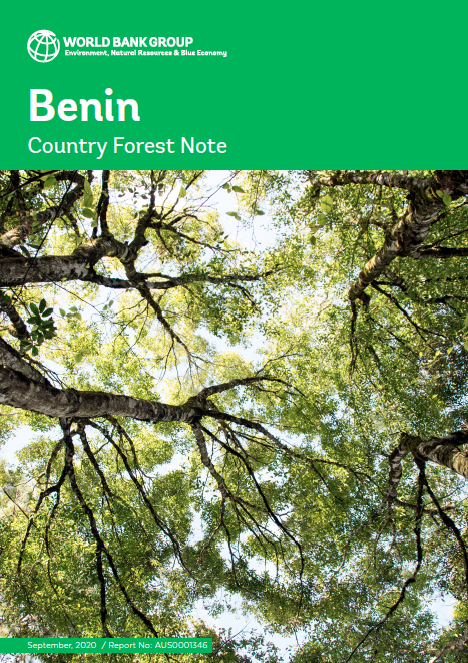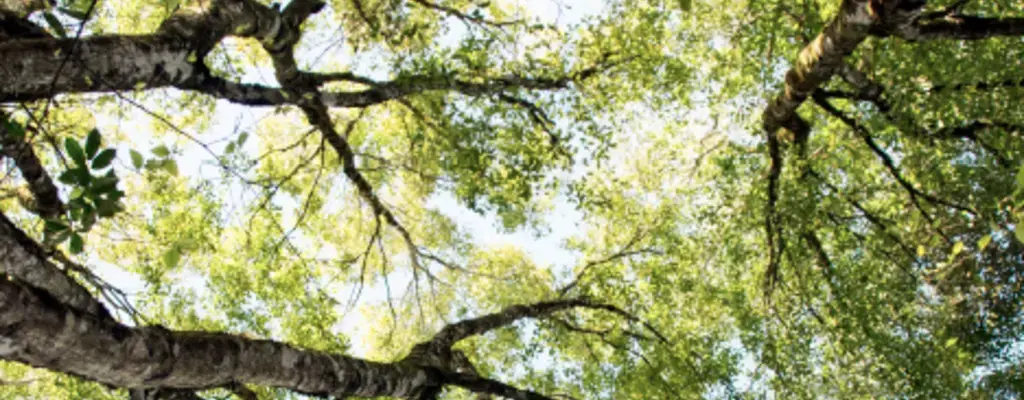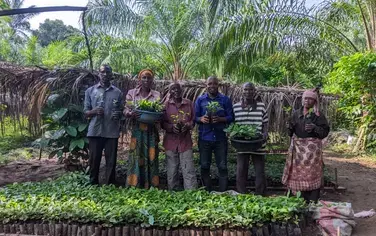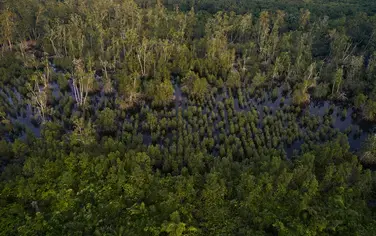
New Publication: Benin Forest Note
The Republic of Benin has high forest cover that provide a full range of goods and ecosystem services. Beninese forests contribute to food security, provide timber, energy, climate risk prevention and job opportunities to thousands of communities. They also have a very high spiritual and religious value for local population. Benin is recognized for being a pioneer in participatory co-management approaches in West Africa. The national parks are essential for hosting key biodiversity in West Africa. Its savannah and mangrove forests store rich levels of soil organic carbon, contributing to climate regulation. However, the rapid deforestation and degradation levels over the past 10 years shows a significant pressure on this renewable natural resource.
The Government of Benin recognizes the importance of investing in forest production and safeguarding its forests to support the national economy. It aims to increase investments in forest plantations to 15,000 ha per year and timber volume to 250,000 m3 per year, while providing job opportunities and boosting its public revenues. It has recently updated its forest policy, forest code, and is improving its forestry tax system.
The Benin Forest Note presents forward-looking opportunities to strengthen the sector’s contribution to the national economy, poverty reduction and sustainable development. Based on an integrated landscape approach, the Benin Forest Note assesses challenges and opportunities to improve forest use, restore degraded forests and maintain healthy forest cover. The Note shed light on opportunities to strengthen the national market and provide higher employment opportunities, contributing thus towards socio-economic and climate co-benefits.
Download the report English | French |
Credit/Contribution: World Bank Group




